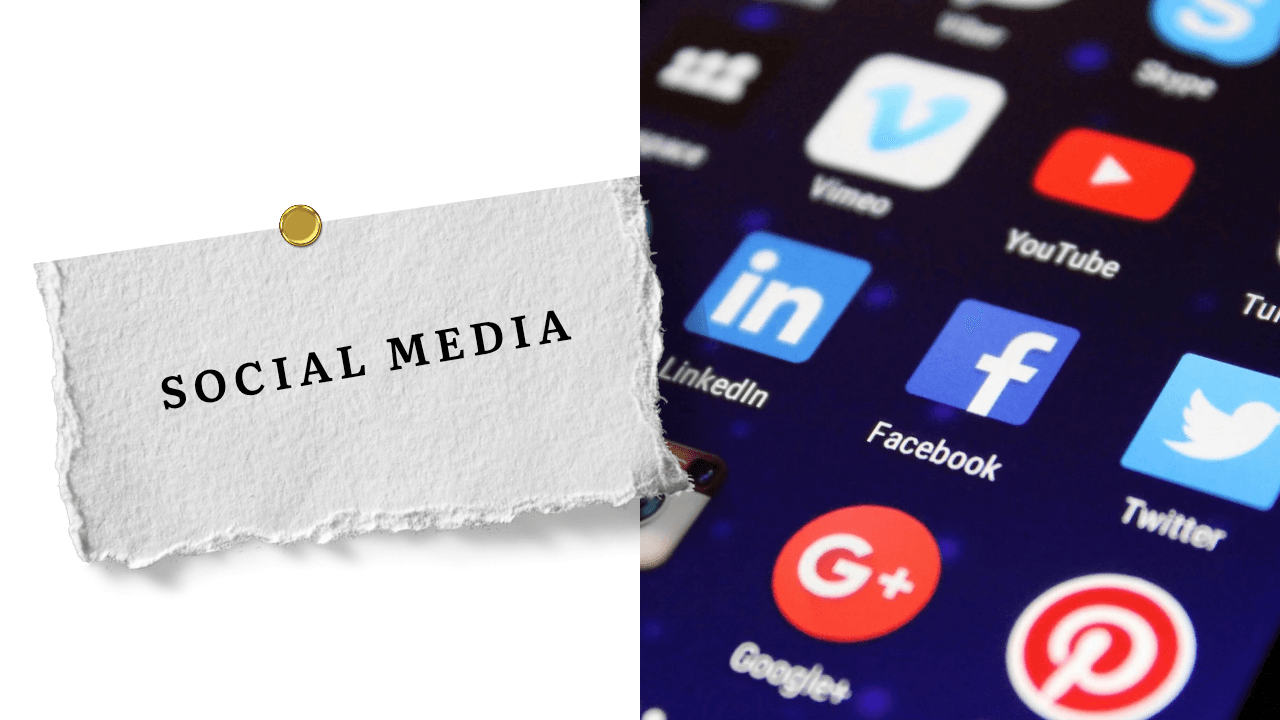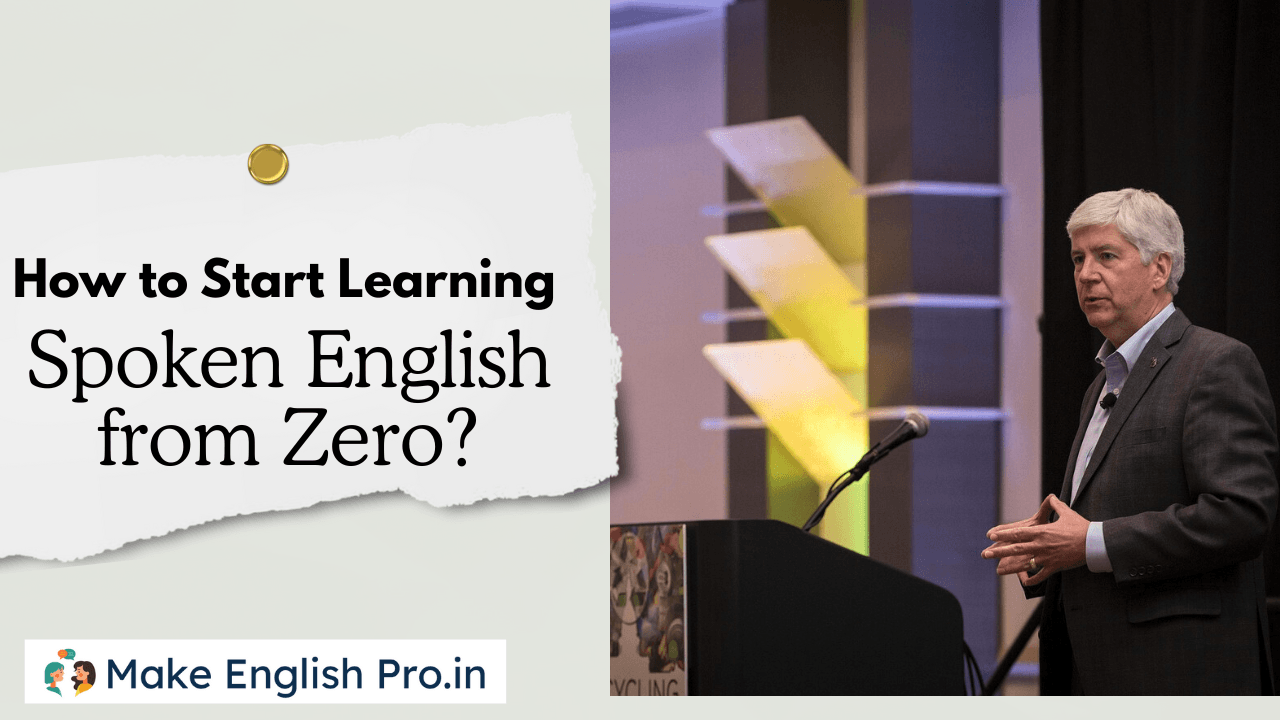The question of whether social media platforms should be held legally responsible for fake news is complex and involves balancing freedom of expression, corporate responsibility, and the public interest. Here are some key arguments for and against holding platforms legally accountable, as well as potential middle-ground solutions:
Arguments FOR Holding Social Media Platforms Legally Responsible:
- Spread of Harmful Misinformation:
- Fake news can lead to real-world harm, such as vaccine hesitancy, political violence, or public panic. Platforms amplify content rapidly, making them a key vector for misinformation.
- Example: During COVID-19, false claims about cures led to dangerous behavior (e.g., drinking bleach).
- Algorithmic Amplification:
- Social media algorithms prioritize engagement, often promoting sensational (and sometimes false) content over factual reporting.
- If platforms profit from misinformation, they should bear some responsibility.
- Existing Legal Precedents:
- Traditional media (e.g., newspapers, TV) can be held liable for defamation or false claims; some argue social media should face similar scrutiny when they fail to moderate harmful content.
- Encouraging Better Moderation:
- Legal liability could incentivize platforms to invest more in fact-checking, AI moderation, and human review to reduce fake news.
Arguments AGAINST Holding Social Media Platforms Legally Responsible:
- Section 230 (U.S.) and Global Protections:
- Laws like Section 230 of the Communications Decency Act (U.S.) protect platforms from liability for user-generated content, arguing they are intermediaries, not publishers.
- Removing these protections could lead to excessive censorship or shutdown of smaller platforms.
- Freedom of Expression Concerns:
- Over-policing content could lead to suppression of legitimate speech, especially in politically sensitive contexts.
- Governments might abuse such laws to silence dissent (e.g., labeling criticism as “fake news”).
- Scale and Feasibility:
- Billions of posts are made daily; even with AI, perfect moderation is impossible. Holding platforms liable for every fake post may be unrealistic.
- Who Decides What’s “Fake”?
- Determining truth is often subjective. Should platforms or governments be the arbiters? Misjudgments could worsen distrust.
Possible Middle-Ground Solutions:
- Conditional Liability:
- Platforms could be held liable only if they fail to act on demonstrably false content after being notified (e.g., by fact-checkers).
- Example: The EU’s Digital Services Act (DSA) requires large platforms to mitigate systemic risks like disinformation.
- Transparency Requirements:
- Mandate platforms to disclose how algorithms promote content and allow independent audits.
- User Education & Labeling:
- Instead of outright bans, platforms could label disputed content (e.g., Twitter/X’s former “misleading information” tags).
- Collaboration with Fact-Checkers:
- Platforms could partner with independent organizations to flag false claims without direct legal liability.
Conclusion:
Full legal responsibility may be impractical and risk unintended consequences, but some accountability measures (like the EU’s DSA) could strike a balance. The best approach likely involves a mix of regulated transparency, targeted penalties for negligence, and safeguards for free speech.



